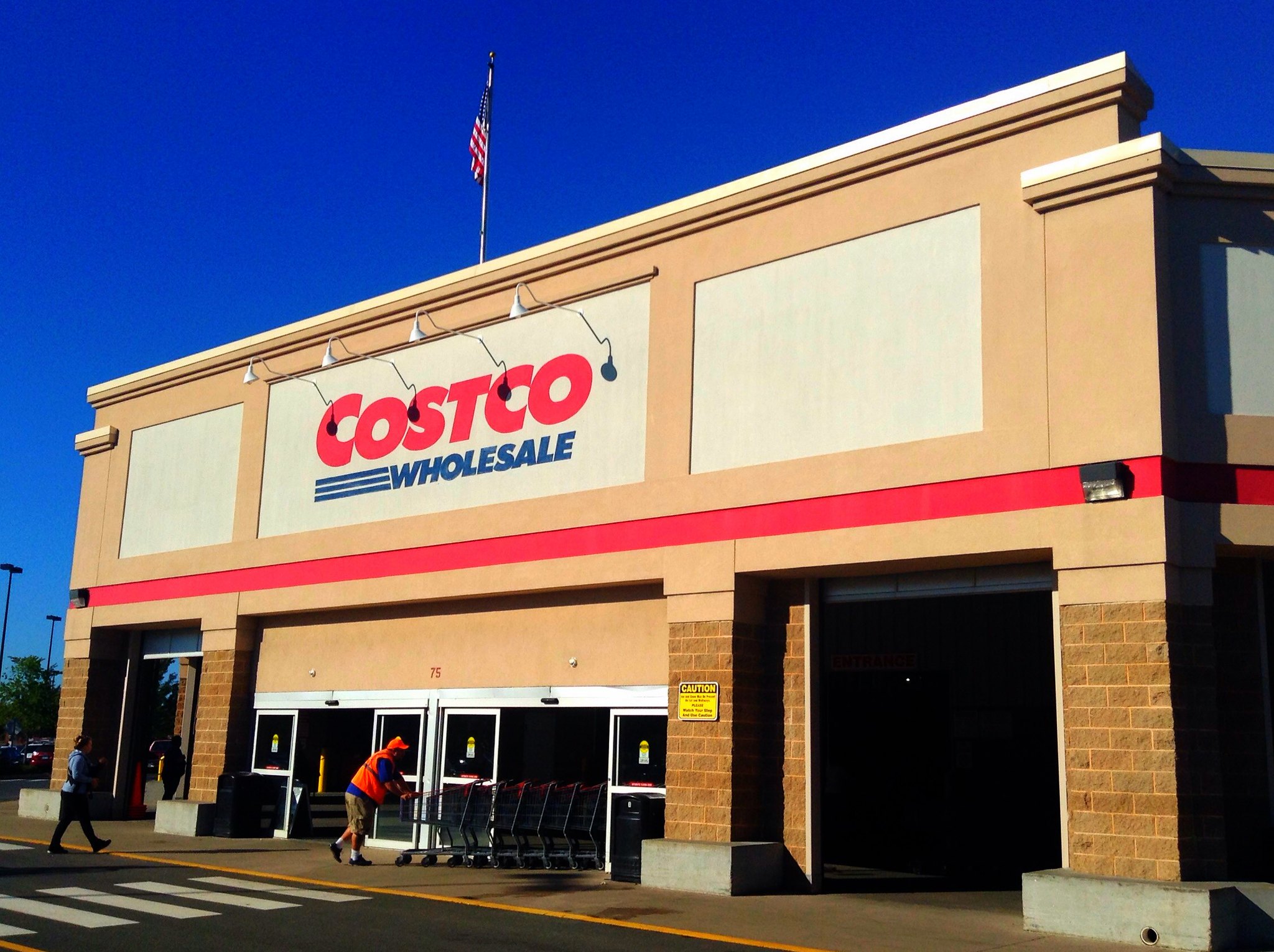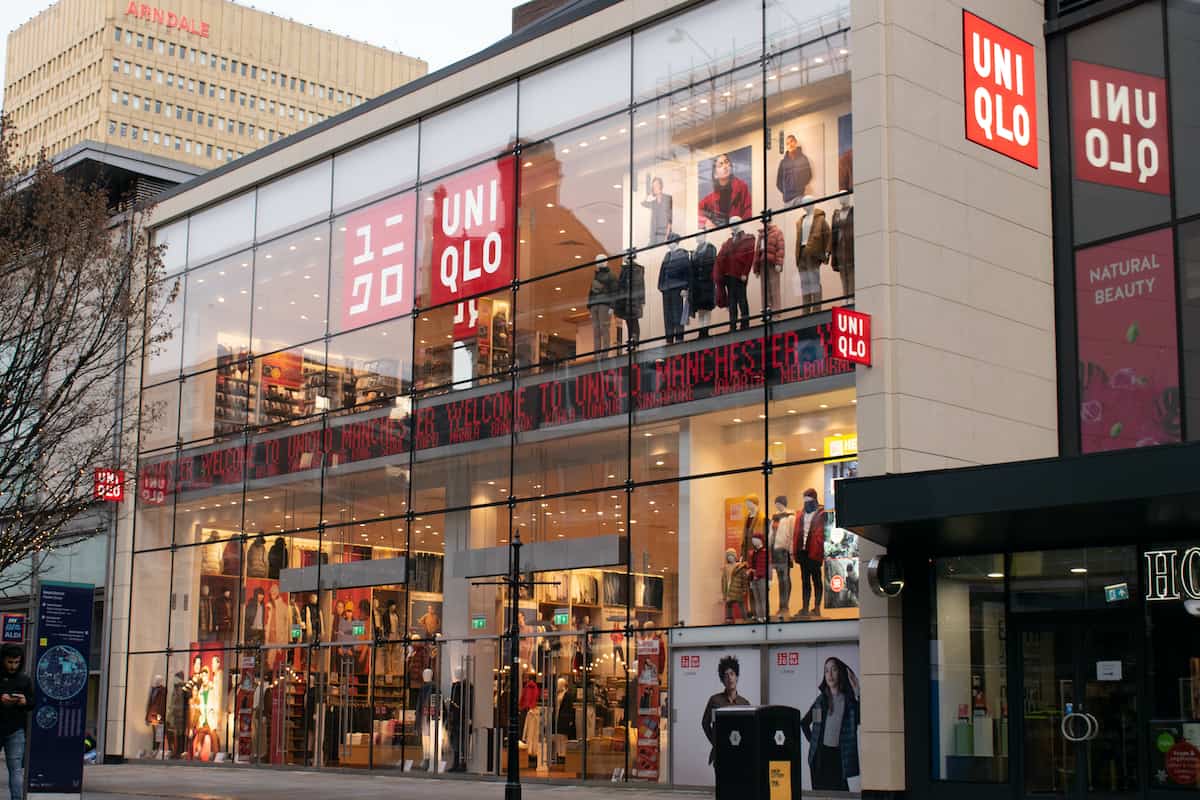Retail industry insiders have welcomed the European Commission’s move to fine Google more than €2bn for breaching antitrust rules by unfairly prioritising Google Shopping in search results.
Nick Glynne, chief executive of Buy It Direct, which operates websites including Appliances Direct and Laptops Direct and was one of the first to sell laptops online when it was founded in 1999, says that the move should make the market fairer.
He said: “It is good to see the European Commission have taken steps to reduce the amount of influence a single company can have in search results when consumers are shopping online.
“Google is the single most influential factor in online retail, and changes to the appearance of search results can affect even the most agile of etailers, and the amount of visitors a website receives, so regulation is key to keep it fair.
“More competition is needed in this area to reduce online businesses’ reliance on Google. Increasing the levels of customer choice and monitoring the amount of influence a search engine has over purchasing decisions allows consumers to make a more informed purchasing decision.”
In its decision, published this week, the European Commission found that Google dominated the EEA internet search market, and that it was unfairly prioritising Google Shopping results. It said that given that the ten highest highest ranking responses to a search enquiry on Google received 95% of clicks, with the first one receiving 35%, Google had given Google Shopping an unfair advantage when it placed its results at the top and demoted those from other shopping comparison sites. It fined the search engine business €2.4bn (£2.1bn) and ordered it to desist within 90 days, or be fined up to 5% of parent company Alphabet’s daily average worldwide turnover.
In future, said the EU ruling, Google “must apply the same processes and methods to position and display rival comparison shopping services in Google’s search results pages as it gives to its own comparison shopping service.”
Commissioner Margrethe Vestager, who is in charge of EU competition policy, said: “Google has come up with many innovative products and services that have made a difference to our lives. That’s a good thing. But Google’s strategy for its comparison shopping service wasn’t just about attracting customers by making its product better than those of its rivals. Instead, Google abused its market dominance as a search engine by promoting its own comparison shopping service in its search results, and demoting those of competitors.
“What Google has done is illegal under EU antitrust rules. It denied other companies the chance to compete on the merits and to innovate. And most importantly, it denied European consumers a genuine choice of services and the full benefits of innovation.”
But Google disagrees. “When you shop online, you want to find the products you’re looking for quickly and easily,” the company said in a statement. “And advertisers want to promote those same products. That’s why Google shows shopping ads, connecting our users with thousands of advertisers, large and small, in ways that are useful for both. We respectfully disagree with the conclusions announced today. We will review the Commission’s decision in detail as we consider an appeal, and we look forward to continuing to make our case.”
Commenting on the ruling, Jules Bazley, vice president of commercial development, Europe, CJ Affiliate by Conversant, said: “Online shopping comparison services have long complained of unfavourable placement on Google’s organic search results, an issue further exacerbated by the search giant surfacing its own Google Shopping price comparison links outside of search results, often near the top of the search results page – links which, of course, attract a commission when a consumer makes a purchase. So, the EU’s decision that Google was giving an illegal advantage to another Google product really does vindicate these publishers’ struggles and complaints over the years.”
Bazley added: “This ruling is likely to be good news for publishers – Google will now have to treat independent shopping comparison services and its own Google Shopping service equally. But for many, it’s far too late – I’ve witnessed many online price comparison services shut down over the years due to low visitor numbers from organic search. With low rankings in organic search results such as Google’s, visitor numbers dwindled and the commission rates they earned from consumer referrals reduced until their business was no longer viable. The European Commission’s ruling clearly lays a large degree of blame for this at Google’s door, stating it released organic search algorithm updates that affected the ranking of rival comparison services, while its own Google Shopping service appeared outside of search results, thus unaffected by algorithms. With the European Commission’s ruling, I expect to see legal cases brought to European courts alleging Google’s breach of antitrust rules being at fault for many businesses shuttering.”
But Andreas Reiffen, chief executive and founder of search engine marketing and PPC management agency Crealytics, said: “To be frank, the €2.4 billion fine slapped on Google by EU anti-trust regulators is fairly senseless. Not only is the amount a drop in the ocean for Google’s $90 billion turnover, but the result of the action – forcing Google to show more price-comparison services via Google Shopping – is likely to have a significant negative effect on the user experience.
@The impact of adding price comparison services into the Google Shopping mix means consumers will essentially need to go through a third party before arriving at their final destination: the retailer’s site. Also, in the short term at least, Google will actually make more money as a rise in companies advertising in Google Shopping means an increase in competition, and therefore higher CPCs.
@In addition, small and medium sized retailers could be priced out by the competition if CPCs get too high. Only those with large budgets will be able to successfully target consumers. And will Google need to open up text ads to more competition as well? Where does it end? In my opinion, this was a flawed decision made by a governing body that doesn’t understand how the internet economy functions.”








